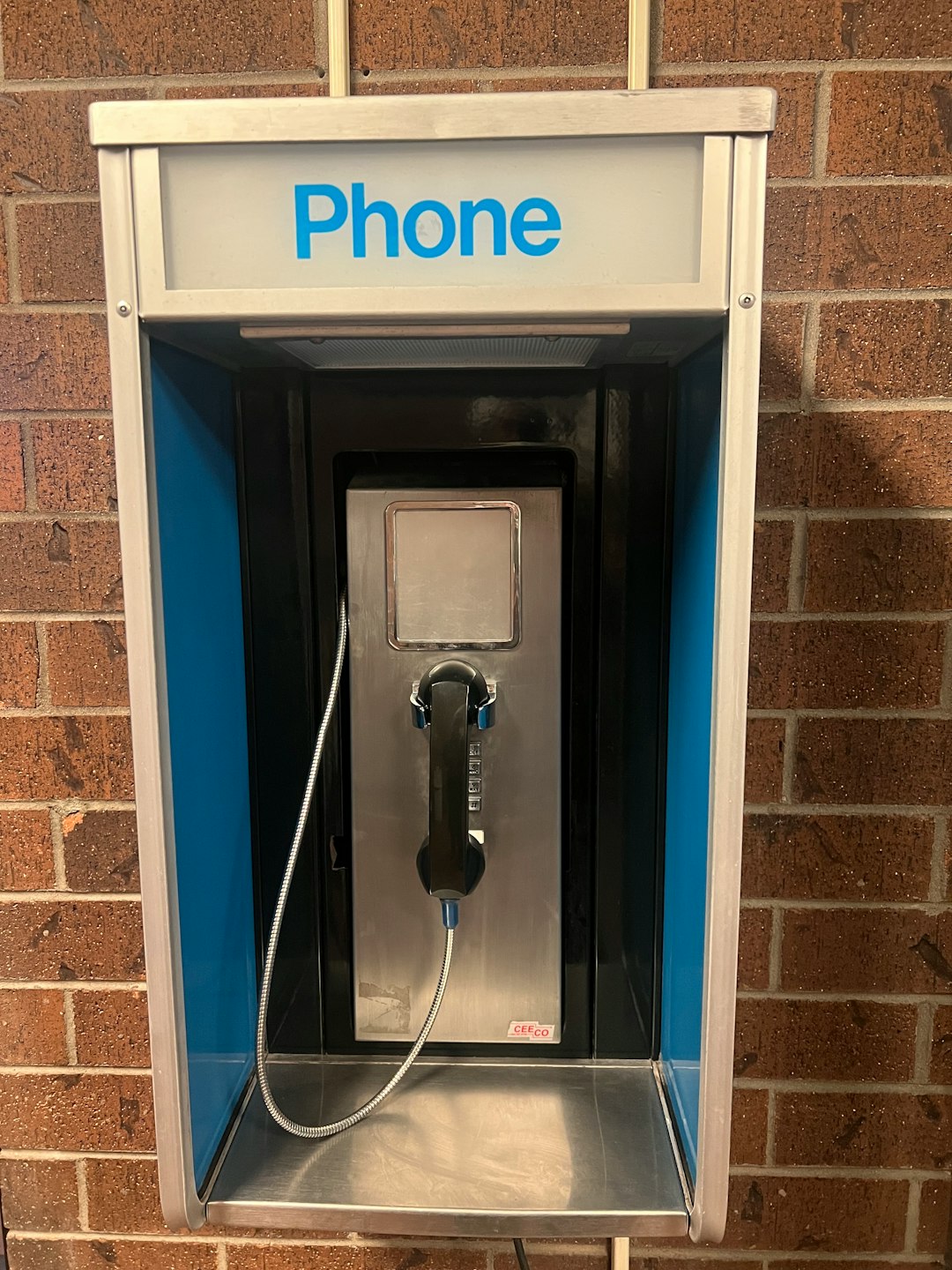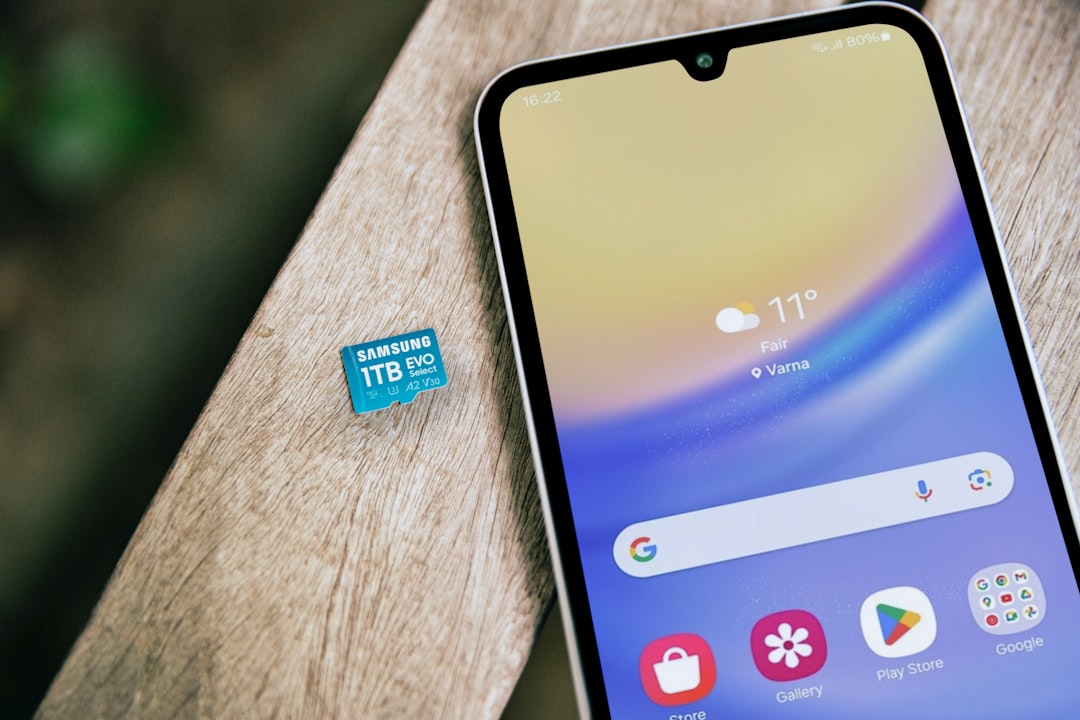Spam calls, or robocalls, disrupt daily life in Bridgeport, Connecticut, prompting residents to seek legal advice from spam call lawyers. Reporting these calls is crucial for tracking and regulating practices, combating illegal activities like harassment and fraud, and fostering a safer digital environment. Local authorities collaborate with service providers and citizens' reports to deter spammers and protect community well-being.
In the digital age, spam calls have become a pervasive and persistent nuisance. These unwanted phone interactions not only disrupt daily life but also signal potential scams or fraudulent activities. This article explores the growing problem of spam calls and emphasizes the significance of reporting them to local authorities in Bridgeport, Connecticut. Understanding the legal implications and the crucial role of local law enforcement agencies, we provide insights for residents considering a spam call lawyer in Connecticut to combat this modern-day challenge.
Understanding Spam Calls and Their Impact

Spam calls, also known as telemarketing or robocalls, are an increasingly common nuisance in today’s digital age. These unsolicited phone calls often promote products, services, or investment opportunities, and they can have a significant impact on individuals’ lives. While many people consider them annoying, the effects of spam calls extend beyond mere irritation. They can disrupt daily routines, invade personal space, and even lead to financial losses if consumers fall victim to fraudulent schemes.
In Bridgeport, Connecticut, as in many places across the country, spam calls have become a pressing issue. A spam call Lawyer Connecticut can help residents understand their rights and take appropriate action when dealing with these unwanted intrusions. Reporting such calls to local authorities is crucial, as it provides valuable data for tracking and regulating telemarketing practices. By doing so, Bridgeport communities can work towards reducing the frequency and impact of spam calls, ensuring a safer and less disruptive environment for all residents.
Reporting Spam Calls: A Legal Perspective

Reporting spam calls is not just a considerate action for your peace of mind; it’s also a crucial legal step to combat illegal activities. In Bridgeport, Connecticut, and across the state, there are strict laws in place to deter and penalize those responsible for making unwanted phone calls, known as spam calls. These laws are designed to protect consumers from harassment, fraud, and identity theft—all potential consequences of these relentless calls.
A spam call Lawyer Connecticut can guide individuals on how best to report such calls effectively, ensuring that the information is accurately documented and shared with the proper authorities. This process involves logging details like the caller’s phone number, the date and time of the call, any recorded messages, and the impact the call had on your well-being or financial status. By reporting spam calls, you’re not only helping to hold perpetrators accountable but also contributing to a safer digital environment for everyone in Bridgeport and Connecticut.
The Role of Local Authorities in Connecticut

In the state of Connecticut, local authorities play a pivotal role in maintaining public safety and ensuring the well-being of their communities. When it comes to the issue of spam calls, which have become an increasingly prevalent nuisance, law enforcement agencies step in to address the problem. A spam call lawyer in Connecticut highlights that these authorities are equipped with the legal framework and resources to combat fraudulent or harassing phone calls. They work collaboratively with communication service providers to trace and disrupt call patterns, protecting residents from potential scams or threats.
By reporting spam calls, citizens empower their local authorities to take action. This collaborative effort not only helps reduce the volume of unwanted calls but also serves as a deterrent for would-be spammers. In Bridgeport, Connecticut, as in many other cities, local law enforcement takes these reports seriously, recognizing that spam calls can be a form of cybercrime with real consequences for victims. Therefore, reporting such incidents contributes to a safer and more secure community environment.






